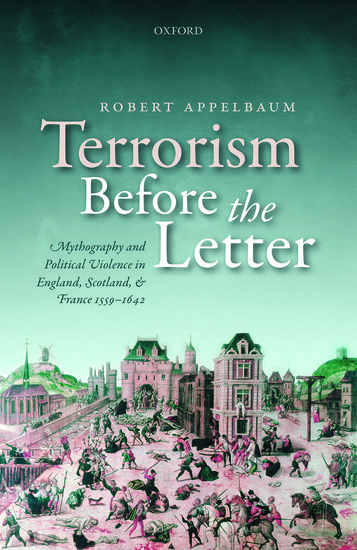
Mythography and Political Violence in England, Scotland, and France 1559-1642

Mythography and Political Violence in England, Scotland, and France 1559-1642

Terrorism Before the Letter shows how and why terrorism became a subject of intense discussion in England, Scotland, and France between 1559 and 1642.
Levertijd op aanvraag
Beginning around 1559 and continuing through 1642, writers in England, Scotland, and France found themselves pre-occupied with an unusual sort of crime, a crime without a name which today we call 'terrorism'. These crimes were especially dangerous because they were aimed at violating not just the law but the fabric of law itself; and yet they were also, from an opposite point of view, especially hopeful, for they seemed to have the power of unmaking a systematic injustice and restoring a nation to its 'ancient liberty'. The Bible and the annals of classical history were full of examples: Ehud assassinating King Eglon of Moab; Samson bringing down the temple in Gaza; Catiline arousing a conspiracy of terror in republican Rome; Marcus Brutus leading a conspiracy against the life of Julius Caesar. More recent history provided examples too: legends about Mehmed II and his concubine Irene; the assassination in Florence of Duke Alessandro de 'Medici, by his cousin Lorenzino.
Terrorism Before the Letter recounts how these stories came together in the imaginations of writers to provide a system of 'enabling fictions', in other words a 'mythography', that made it possible for people of the sixteenth and seventeenth centuries to think (with and about) terrorism, to engage in it or react against it, to compose stories and devise theories in response to it, even before the word and the concept were born. Terrorist violence could be condoned or condemned, glorified or demonised. But it was a legacy of political history and for a while an especially menacing form of aggression, breaking out in assassinations, abductions, riots, and massacres, and becoming a spectacle of horror and hope on the French and British stage, as well as the main theme of numerous narratives and lyrical poems.
This study brings to life the controversies over 'terrorism before the letter' in the early modern period, and it explicates the discourse that arose around it from a rhetorical as well as a structural point of view. Kenneth Burke's 'pentad of motives' helps organise the material, and show how complex the concept of terrorist action could be. Terrorism is usually thought to be a modern phenomenon. But it is actually a foundational figure of the European imagination, at once a reality and a myth, and it has had an impact on political life since the beginnings of Europe itself. Terrorism is a violence that communicates, and the dynamics of communication itself reveal it special powers and inevitable failures.